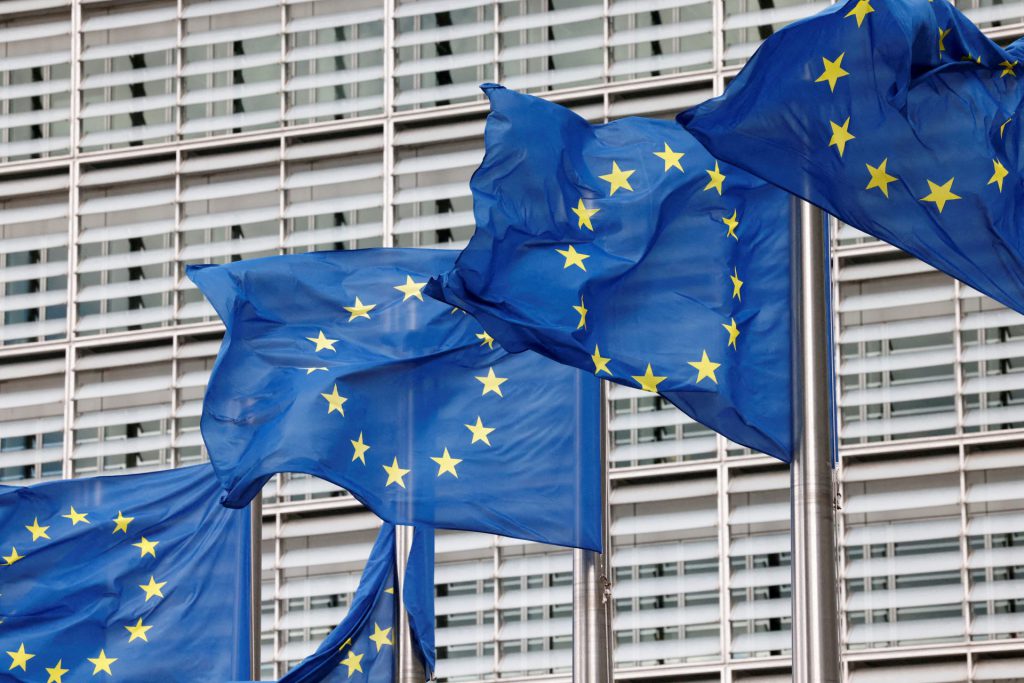Despite European lawmakers preparing for the arrival of the digital euro, the asset is seemingly facing opposition in attempts to challenge a BRICS currency. Indeed, both Germany and Spain have been outspoken about the lack of necessity of the asset. Moreover, the development has reinforced the growing race for digitized currency internationally.
The digital euro has been in development for some time amidst European attempts at digital asset regulation. The Central Bank of the Netherlands has described it as an “electronic form of public money—the coins and notes in our wallets.” However, not all of Europe is in agreement.
Meanwhile, the BRICS economic alliance is working on the development of a digital currency for its intra-bloc dealings. The contrasted usefulness could present a scale-tipping development in the digital finance race.


Also Read: BRICS Currency to be More Attractive Than the US Dollar, Pound, and Euro
Digital Euro Opposition Growing Amid BRICS Currency Development
For much of the year, the globe has been hard at work establishing their respective Central Bank Digitla Currencies (CBDC). However, that pursuit has led to the development of the digital euro. However, it does not appear as though the project has received resounding support thus far.
Indeed, the digital euro has faced opposition as it has attempted to challenge the developing BRICS currency on a global scale. Specifically, both Spain and Germany have voiced their displeasure with the developing digital asset.
Despite local regulators championing the potential benefits of the digital currency, the feeling has not yet been reciprocated. In Spain, a survey has shown that 65% of Spaniards have no interest in using the developing currency. In Germany, that feeling is established by members of parliament who are more interested in existing digital assets.
Also Read: BRICS to Spread De-Dollarization in Africa Through Ethiopia
One German politician, Joana Cotar, of the German federal parliament Bundestag, designated herself to Cointelegraph as a “staunch opponent of the digital euro.” Specifically, she stated clearly, “Nobody needs the digital euro,” while sporting a Bitcoin shirt at an appearance.
“The digital euro would also mean that each and every one of us could be totally monitored,” Cotar stated. “As a convinced libertarian, I emphatically reject this. Anyone who is against surveillance and for freedom does not need a digital euro.”
Conversely, the BRICS economic alliance has also been hard at work developing a digital currency to be widely used. However, the necessity of the project is where the differences stand. The BRICS bloc has long searched for an alternative trade currency to the US dollar. In their native digital asset, they may have found their answer. Subsequently, the bloc has embraced the initiative in a way other regions have not.





